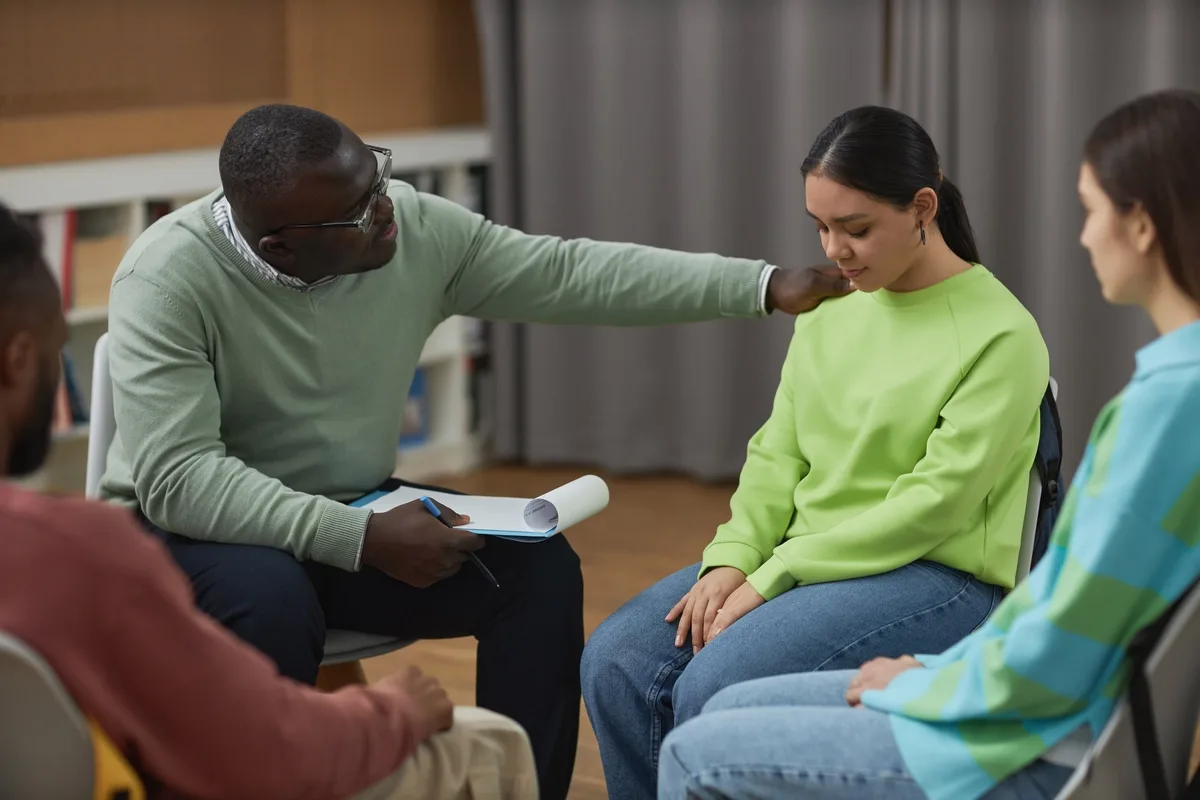24/7 Helpline:
(866) 899-221924/7 Helpline:
(866) 899-2219
Learn more about Opioid Rehab centers in Granada Hills
Opioid Rehab in Other Cities

Other Insurance Options

Aetna

Health Partners

Holman Group

Anthem

Kaiser Permanente

Ceridian

Medical Mutual of Ohio

Choice Care Network

BlueCross

BHS | Behavioral Health Systems

WellCare Health Plans

United Health Care

Health Net

Sliding scale payment assistance

Providence

Premera

Excellus

AllWell

PHCS Network

MHNNet Behavioral Health

Believe Detox Center
Believe Detox Center is a private rehab located in Granada Hills, California. Believe Detox Center s...















